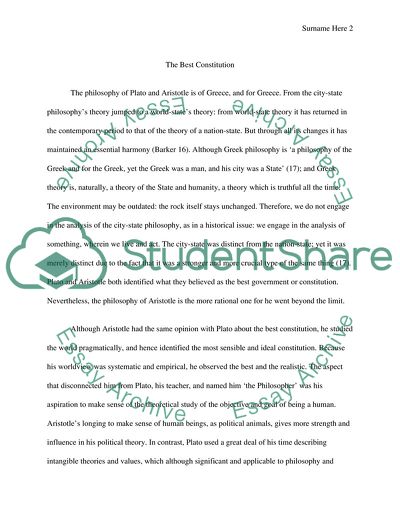Cite this document
(The Best Form of Constitution: the Platonic and Aristotelian Discourse Essay - 1, n.d.)
The Best Form of Constitution: the Platonic and Aristotelian Discourse Essay - 1. https://studentshare.org/philosophy/1761466-political-philosophy
The Best Form of Constitution: the Platonic and Aristotelian Discourse Essay - 1. https://studentshare.org/philosophy/1761466-political-philosophy
(The Best Form of Constitution: The Platonic and Aristotelian Discourse Essay - 1)
The Best Form of Constitution: The Platonic and Aristotelian Discourse Essay - 1. https://studentshare.org/philosophy/1761466-political-philosophy.
The Best Form of Constitution: The Platonic and Aristotelian Discourse Essay - 1. https://studentshare.org/philosophy/1761466-political-philosophy.
“The Best Form of Constitution: The Platonic and Aristotelian Discourse Essay - 1”. https://studentshare.org/philosophy/1761466-political-philosophy.


